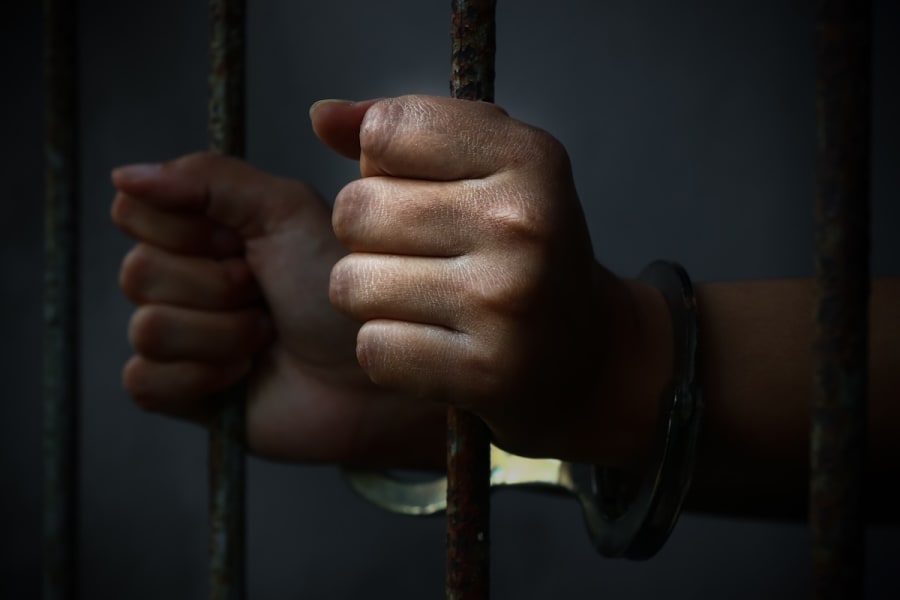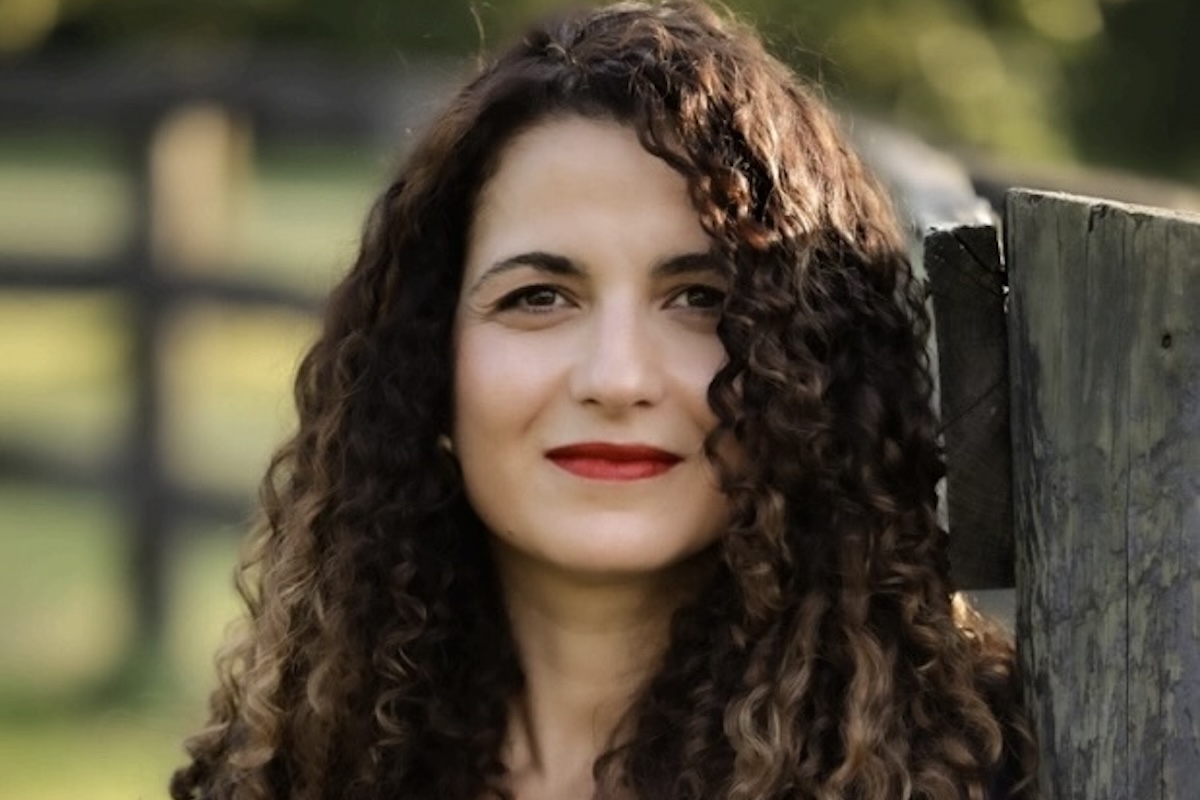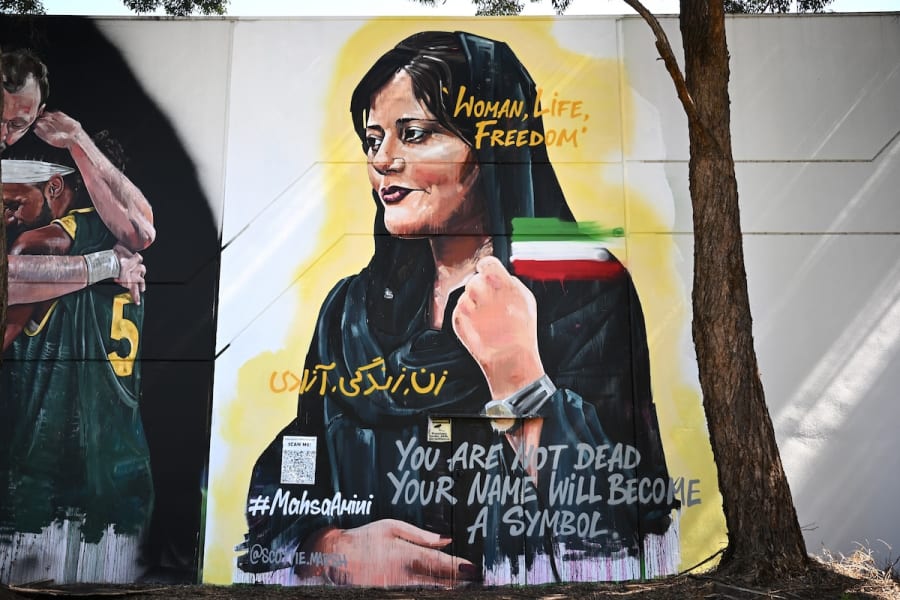Paranoid Iranian regime targeting Christians as Israeli collaborators
Update on Iran 3 years since Mahsa Amini – and 3 months since war with Israel

Christians in Iran are among those paying the price for what one exiled Persian labeled a “paranoid” Iranian regime after the 12-day war with Israel.
Desperate to identify spies and collaborators with Israel, the regime arrested 53 Christians in August and charged them with espionage for cooperating with “Zionists.”
“We have people in our movement who’ve now formally been charged with these kinds of accusations and are in hiding right now,” said Lana Silk, CEO of Transform Iran, an organization that supports evangelization and discipleship in Iran.
Silk said that after the regime saw the precise intel Israel had managed to obtain on Iranian military sites and its leadership, it became “extremely paranoid in the way that it’s trying to weed out dissidents.”
“As far as they’re concerned, there are dissidents that are leaking information, that are helping the Israelis with their objectives – and their immediate assumption will be that will be Jews and Christians,” Silk said.

“They want to get rid of anybody that might be sympathetic to Israel as a country and now even more so since the war, because they want to know how is it that Israel was so effective,” Silk said. “Israel was very targeted, very precise, got a lot done in a short space of time, and the Iranians want to know why.”
This has led to an ominous focus on the Christian community.
“We’re in a different stage now than we were earlier this year,” Silk said. “It has been increasingly difficult as the government has considered the Christians a greater and greater threat.
Some have been convicted and are awaiting sentencing now.
“They’ll have the court hearing, they’ll be imprisoned and then you’re waiting for your final sentencing and you’ve got to get out as quick as you can because then that’s it,” she said.
In June, Israel preemptively attacked Iran, targeting key military and nuclear facilities, military leaders, nuclear scientists and politicians. Iran launched more than 550 ballistic missiles and over 1,000 suicide drones at civilian population centers in Israel.
Iranians, already protesting for three straight years now, in hopes of toppling the repressive religious regime, were hoping Israel would finish the job.
“There were people sending notes of congratulations to [Israeli Prime Minister Benjamin] Netanyahu,” Silk said. “I saw videos of people standing on their balconies raising glasses to Israel. Every Iranian was waiting for Netanyahu to finish the job.”
When the war ended abruptly, hope turned to abandonment as the leadership filled the vacuum and “Iranians were a lot worse off after that than they were before,” she added.
The war temporarily fueled the momentum that had began three years ago on Sept. 16 when Mahsa (Jina) Amini, a 22-year-old Kurdish woman, died or was killed in police custody. She had been arrested by Iran’s morality police for allegedly wearing her hijab improperly.
This sparked the "Woman, Life, Freedom" movement and ignited one of the largest protest waves since the 1979 revolution.
“Mahsa Amini's death … was that one that sort of broke the camel’s back. People just thought, enough is enough,” Silk said. “A number of people took to the streets and younger and younger people, teenage schoolgirls. And of course, horrific things happened to them as the government tried to stamp that out.”
The protests resulted in thousands of arrests, tortures, rapes and executions. Some women were punished by having one eye shot out to leave them permanently disfigured.

But despite the crackdowns, Iranians have remained defiant. Silk said people took courage in seeing the numbers and realized they aren’t alone in their sentiment.
“I think the general sentiment was we have paid such a high price now that it would be unthinkable to stop completely,” she said.
Silk has heard firsthand reports of Iranians who are openly speaking against the government and many women refusing to wear a hijab.
“A couple of days ago, one of my colleagues sent me some videos from Iran and I actually wondered if it was Italy,” Silk said. “It was cafes and streets and not a hijab in sight.”
Contributing to the unrest is an economic crisis, increasing unemployment, water and electricity shortages and a lack of proper medical treatment.
“Food has become more scarce and, therefore, more expensive… In one day, the cost of bread shot up 70%, Silk said. “It’s really become a struggle for survival on every level.”
While some of this is a result of international sanctions leveled on the regime, the government prioritizes military spending over infrastructure or aid, she explained.
“There’s a spiritual dynamic here, too. The country has been focused on cursing Israel for almost 50 years now,” Silk noted. “The Word of God is very clear about the consequences of cursing Israel, cursing Jerusalem.”
“Politically, we want change and I believe that change will come. I believe that there is enough momentum now that one way or another, this is not a long-term government in Iran today. But we don't know what price will be paid by the people to get us there,” Silk observed.
“But spiritually, I think hope is actually even greater, because sadly, it's in these times of great physical struggle and persecution and oppression – and really not just Christians, every Iranian is suffering one way or another – so in that kind of context, people really ask the important questions and they look for truth.”
From their thirst, Iranians are seeking water.
“Praise God that He is present and able. He is revealing Himself to people up and down the country all the time,” Silk said.
“He's demonstrated in Iran that he is perfectly capable of drawing people to himself. And we have so many testimonies of people having direct encounters, visions, dreams, miraculous healings, where they have no idea that Jesus is God. They've never heard the gospel, they've never read a Bible, and they have that experience first, and then they go looking and trying to make sense of what happened to them.”
“Spiritually, change is happening in Iran. And the church just needs to be ready to respond to it as the opportunity increases.”
Click here to learn more about Transform Iran and how it is reaching the lost, discipling new believers, and raising leaders to impact a nation.

Nicole Jansezian is a journalist, travel documentarian and cultural entrepreneur based in Jerusalem. She serves as the Communications Director at CBN Israel and is the former news editor and senior correspondent for ALL ISRAEL NEWS. On her YouTube channel she highlights fascinating tidbits from the Holy Land and gives a platform to the people behind the stories.
You might also like to read this:

















